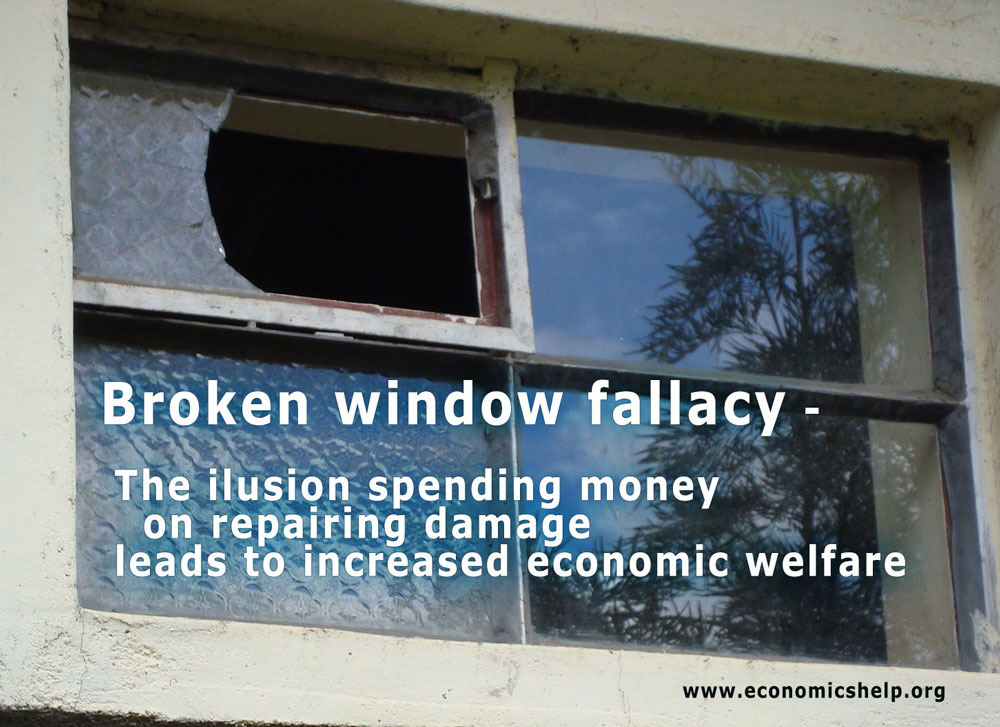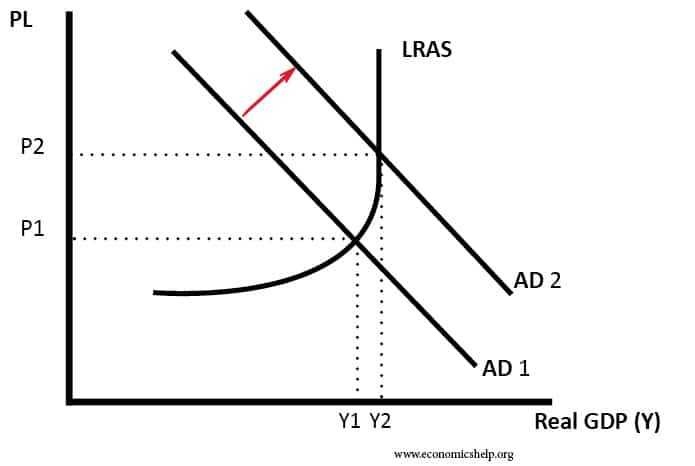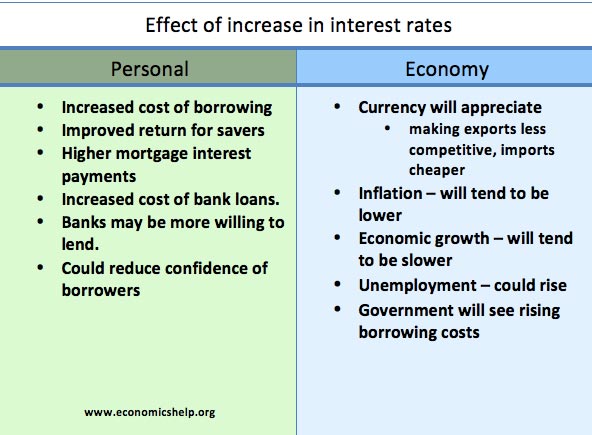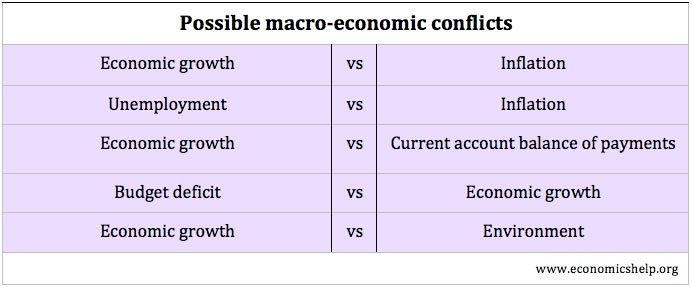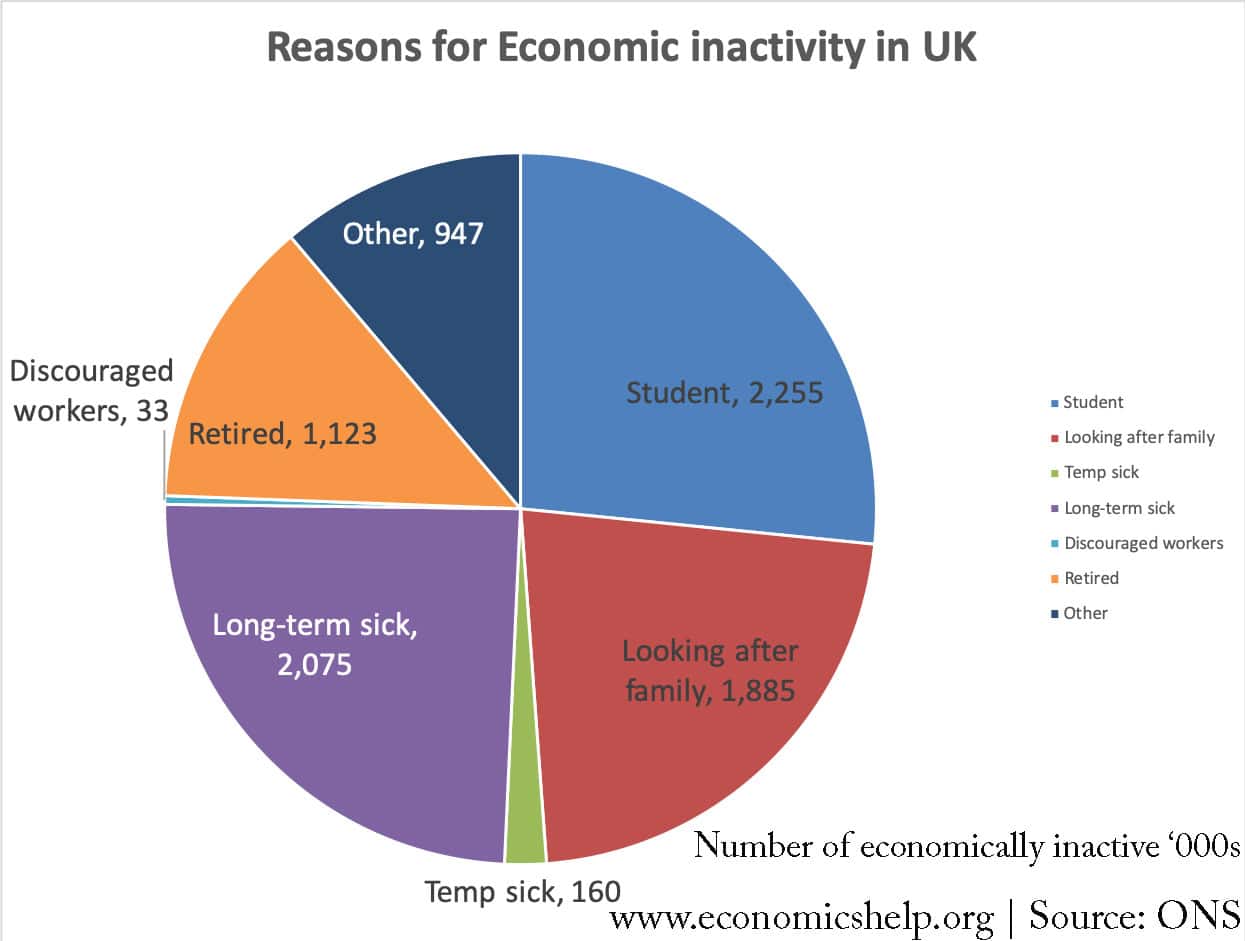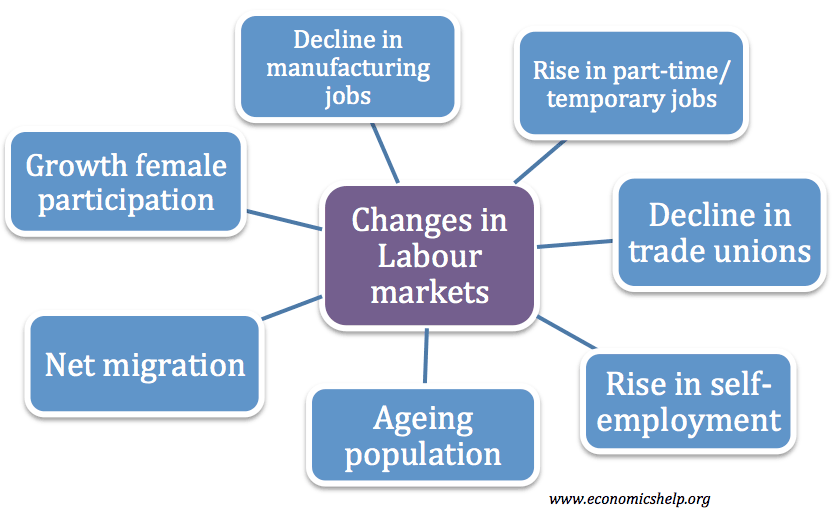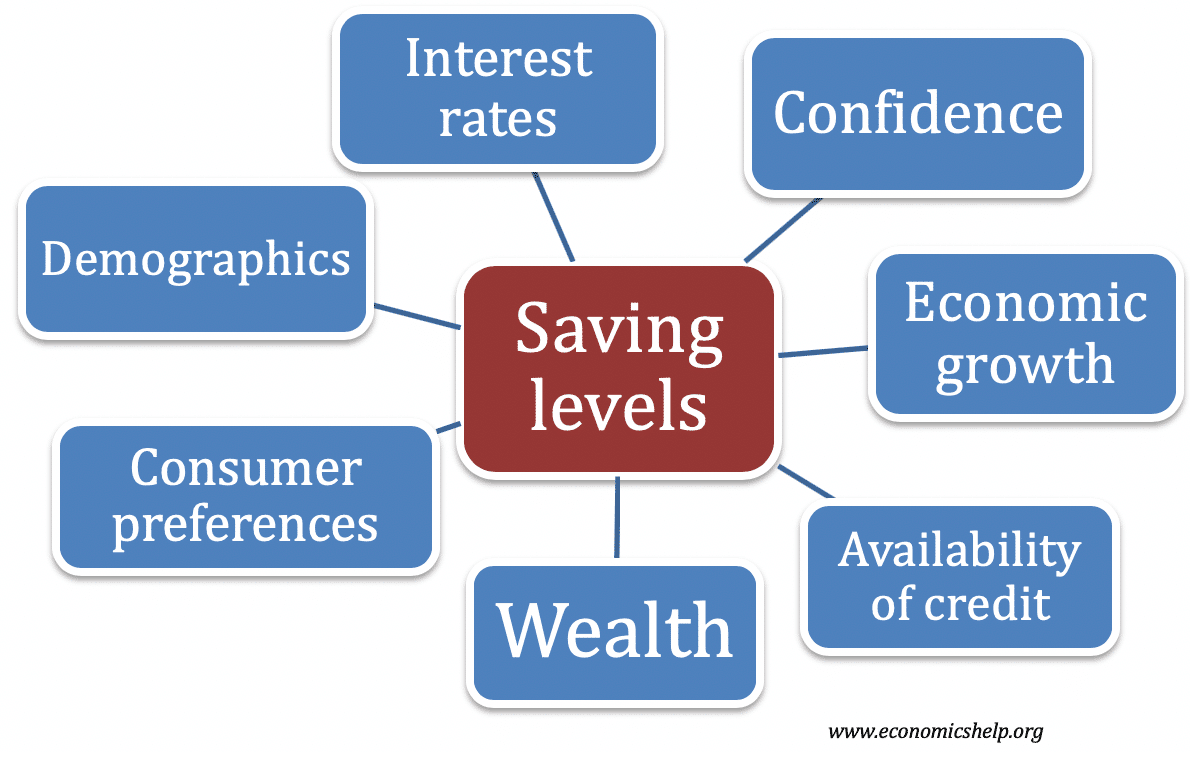The broken window fallacy
The broken window fallacy states that if money is spent on repairing the damage, it is a mistake to think this represents an increase in economic output and economic welfare. If money is spent on repairing a broken window, the opportunity cost is that individuals cannot spend money on more productive goods. The broken window …

